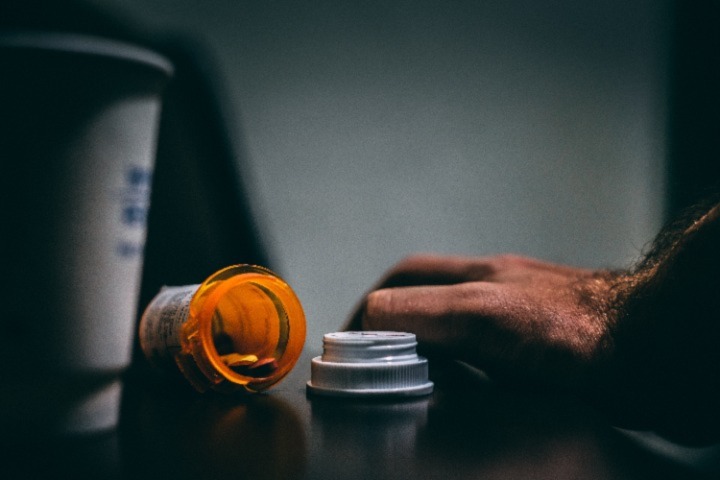
COVID-19 has been the culprit behind a number of stressors, including poor mental health, drug use and job loss. May 2024 marked the end of the federal COVID-19 Public Health Emergency (PHE), but the social and economic stressors from the pandemic still linger, especially when it comes to job security, economic uncertainty and financial stress.
Post-Pandemic Employment
According to the Bureau of Labor Statistics (BLS), the unemployment rates dropped to 4.3% as of July 2024 with Black and African American unemployment rates at 6.3%. But Black workers experienced a slower recovery than the total labor market.
Through federal relief legislation, new measures to control COVID-19, and the opening of the economy, unemployment was brought down closer to pre-pandemic levels for Latino, Black, and white workers (Center on Budget and Policy Priorities).
But it isn’t all gloom. Black and African American women-owned businesses have grown to 2.1 million since 2019, employed 528,000 people, and generated $98.3 billion in revenue for the economy.
Behavioral Addiction
COVID-19 was a major trigger for everyone around the world. In 2023, 90% of US adults believed the country is facing a mental health crisis.
The idea of not knowing when it would be safe again triggered many into isolation and negative coping mechanisms, like drug abuse, alcoholism, overspending, technology addiction, germophobia, and more. These behaviors, compounded by health, social, and economic uncertainties, were directly tied to the spike in the opioid crisis.
Organizations like the Black Emotional and Mental Health Collective (BEAM), Therapy for Black Girls, Therapy for Black Men, Wells Healing Center and the Boris Lawrence Foundation worked to raise awareness and provided supportive spaces for people struggling with substance use and mental health disorders.
If you or anyone you know is thinking about harming themselves, dial 988 to reach the National Suicide and Crisis Prevention Hotline. Their hotline is available 24 hours a day, seven days a week.
Mental Health
From the start of the pandemic, uncertainty surrounding health, finances, and politics were the leading causes of anxiety, depression, and other mental health disorders.
A study found that Black adults with long COVID-19 “experienced worse outcomes across all mental health measures.” In fact, they had significantly “more anxiety, depressive symptoms, and hopelessness.” Persons with long COVID-19 were also significantly more likely to report experiencing psychosis, suicidal ideation, suicide plans, and suicide attempts within the last year.
Programs such as the Stay Well Community Health Initiative, Black Nurse Collaborative and We Can Do This COVID-19 Public Education Program worked tirelessly throughout the pandemic to provide free COVID-19 vaccinations, health resources and supports to reduce stress, combat misinformation, and alleviate anxiety.
Below are more ways to help you feel better in the long-run:
- Find professional help. There are a number of therapists and treatment centers that are proven to help with improved mental health, functioning, and quality of life.
- Get active. Do things that are meaningful to you. Connect with friends and family, try a new hobby, travel, or spend some time outside.
- Practice self-care. Be kind to yourself and only focus on the things you can control. Avoid self-soothing with tobacco, alcohol, or drugs. Find a routine that encompasses good sleep, exercise, and practice healthy eating habits.
Lastly, the Public Health Emergency is over, but using preventive measures and getting COVID-19 vaccinations helps prevent new outbreaks and variants from developing.
Go to vaccines.gov to find nearby places to get a vaccine.
Was this article helpful?